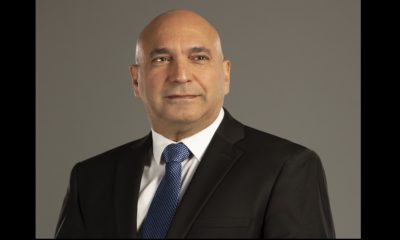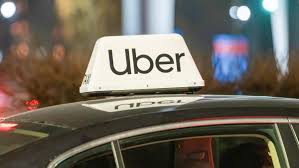Ask any CEO on the Top 10 CEO list, and they will tell you being a CEO is far from an easy job. The duties and role of a CEO, though glitzy and glamorous from the outside looking in, can present its own share of pitfalls. It’s said that power corrupts, and few positions are more powerful than CEO. While it is indeed the ultimate in power, the position can take a very large human toll on anyone who manages to find him or herself in that position.
It’s all too easy for the CEO to become, to his/her subordinates anyway ….well, something that can’t be printed here. Most of the time that can be a matter of perception as well as reality. The CEO can soon forget – if they ever knew – what it was like to have a boss. They are free to ignore feedback that they don’t want to hear, and no one will call them to task for it. They can bypass the chain of command when they want to meddle. They can give themselves raises and genuinely believe they deserve it. And most dreadfully, they can forget what it is like to be “one of the little people”:
Listed here are some, not all, potential pitfalls of the CEO.
A CEO can become arrogant by blaming others
Having no day-to-day accountability for his or her actions can also turn a CEO sour. When things go wrong, the tendency is to blame everyone around without facing their own shortcomings. “My employees just don’t get it,” proclaims the CEO, never thinking for a moment that he or she is the one who hired them. “Market conditions have changed,” a CEO might declare. A nice excuse, but isn’t it the CEO’s job to anticipate the market and position the company for success under a variety of scenarios? Without someone to keep him or her honest, the CEO can gradually absolve him or herself of all responsibility.
Believing in a title can lead to overconfidence
Arrogance also threatens a CEO. “Because I am CEO, I must know the business better than anyone else.” It has been said, but it just isn’t true. No CEO can be an expert in all functional areas. If he or she knows the details better than her employees, she’s either hiring the wrong people or spending her time at the wrong levels of the organization. It’s appropriate for a CEO to manage operations if absolutely necessary, but he should quickly hire good operational managers and return to leading the whole business.
If the CEO also comes to believe that the title grants infallibility, watch out. CEOs can reinforce their delusions of grandeur by giving themselves higher salaries. Then when layoffs come, the CEO wants applause for having the moral strength to make “hard choices,” quietly overlooking how his or her own poor decision making led to the need for layoffs.
CEOs can stop learning well
Of course, once infallible, there’s no more to learn, and a CEO may quietly stop learning. Without daily oversight and high quality feedback on how he or she does the job, the individual can mistakenly believe that his or her actions lead to success. In reality, he or she may be doing the wrong thing, but staff may be working around the clock to cover for his or her mistakes.
Furthermore, sins of omission aren’t penalized. A CEO who does an adequate job, but far less than she could/should have done – goes unnoticed. In hindsight, Jamaica Inc. Software could have had a $1 billion market niche, and gone public with a valuation of billions. Instead, it stuck to one product, had little understanding of its markets, and ignored competition. Yet it still went public in a $300-million IPO. Was management penalized for a lack of vision and market responsiveness? Hardly! The top managers walked off with $60 million apiece, reinforcing the notion that they had done a great job. Yet with a slightly grander vision, the company might have been 10 or 100 times its size.
Setting vision is the CEO’s job, but nothing tells him or her if expectations are too low. The CEO isn’t penalized for missing the grander vision. Such sins of omissions are a CEO’s worst enemy. He can be lulled into mediocrity by not knowing what would have been possible. The 9.5+ 100m was considered impossible…until Usain Bolt ran it. A CEO may limit him/herself by not realizing that he/she can do a better job.
Though salary benchmarks are common, performance benchmarks are surprisingly rare. Quality learning demands a CEO benchmark herself against other superb CEO’s. His or her central learning question is not “are you doing a good job?” but “are other CEOs doing a better job and if so, how can you learn to measure up?” The best place a CEO in the local industry could start looking for benchmarks are in this year’s (or any other recent) Businessuite’s Top 10 CEO ranking. BM

 Businessuite Markets2 weeks ago
Businessuite Markets2 weeks ago
 Businessuite News242 weeks ago
Businessuite News242 weeks ago
 Leadership Conversations6 days ago
Leadership Conversations6 days ago
 Businessuite Markets2 weeks ago
Businessuite Markets2 weeks ago
 Logistics & Transportation2 weeks ago
Logistics & Transportation2 weeks ago
 Businessuite Markets2 weeks ago
Businessuite Markets2 weeks ago
 Businessuite News24 International3 weeks ago
Businessuite News24 International3 weeks ago
 Businessuite Markets2 weeks ago
Businessuite Markets2 weeks ago








